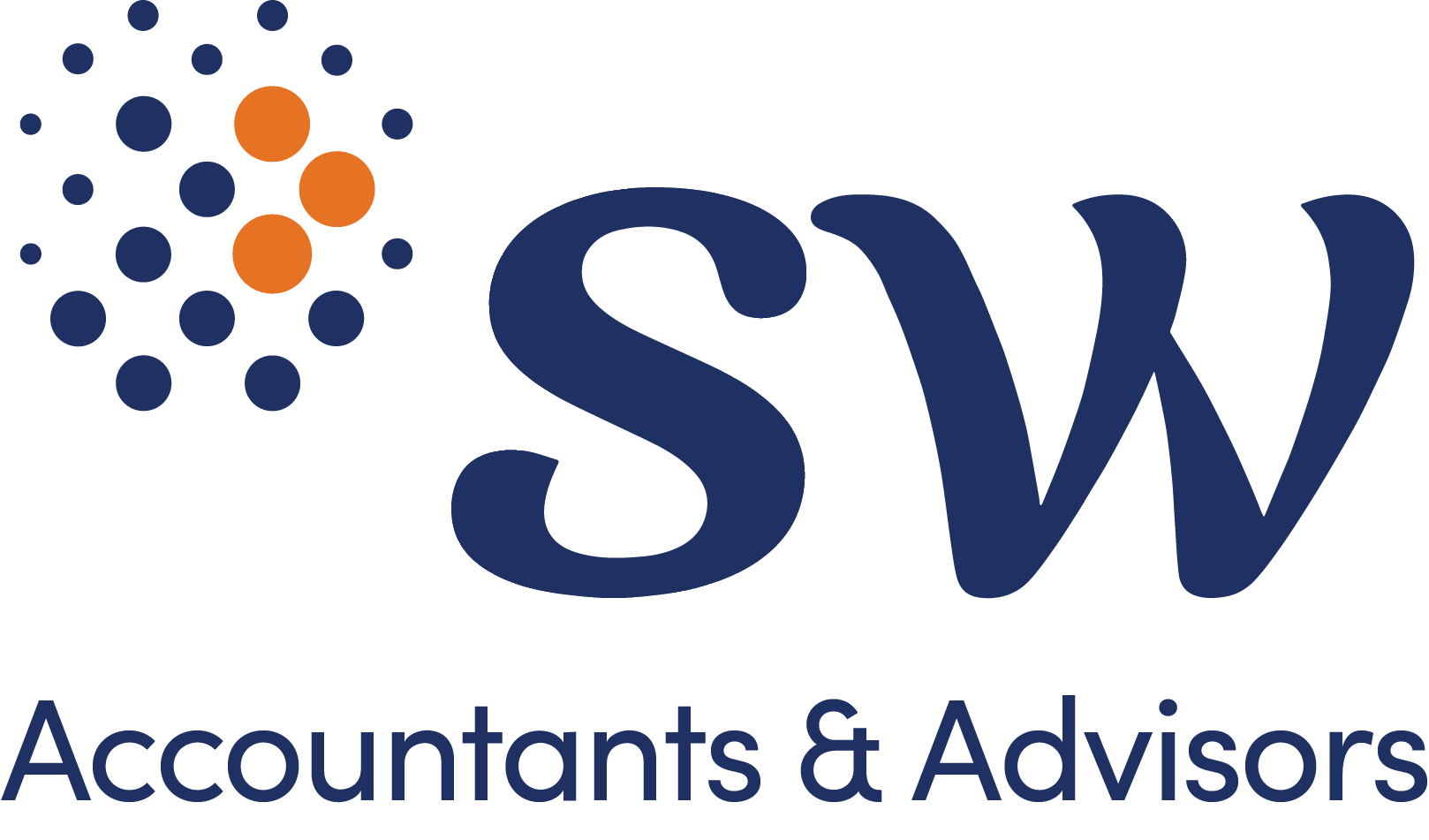
Victoria’s State Taxation Further Amendment Bill 2025: What you need to know
05/11/2025
On 14 October 2025, the Victorian Government introduced the State Taxation Further Amendment Bill 2025 (the Bill) which is a wide-ranging legislative package that amends several key Acts affecting property, land tax, congestion levies, building permits, and more.
Key legislative changes
Commercial and Industrial Property Tax Reform Act 2024
The Bill makes targeted amendments to the Commercial and Industrial Property Tax Reform Act 2024 (CIPT Reform Act) to address technical anomalies and ensure the scheme operates as intended.
The key change is a tightening of the criteria for when a transaction causes land to enter the commercial and industrial property tax scheme. Under the new rules, a transaction will fall within the CIPT regime only if duty is payable on at least 50% of the land’s unencumbered value. This closes loopholes where nominal or minimal duty could previously result in land entering the scheme, such as in certain partitions or concessional transfers.
The Bill also clarifies the calculation of ‘entry interests’ and ‘qualifying transactions’, ensuring that only the portion of the interest on which duty was actually paid is counted for tax reform purposes. Transitional provisions ensure these amendments apply retrospectively from 1 July 2024, aligning the law with its intended operation from the commencement of the CIPT scheme.
Congestion Levy Act 2005
The State Taxation Further Amendment Bill 2025 introduces several important changes to the Congestion Levy Act.
Most notably, parking spaces used exclusively for residential purposes—including those in hotels, serviced apartments, and clubs providing accommodation, are now excluded from the congestion levy. This simplifies compliance for residential property owners and removes the need for a separate exemption provision.
The Bill also increases the congestion levy rates for 2026, setting them at $3,030 for category 1 levy areas and $2,150 for category 2 levy areas, with annual CPI adjustments from 2027 onwards. Additionally, the category 2 levy area is expanded, and the map of levy areas will now be published online by the Commissioner of State Revenue, improving transparency and accessibility for affected businesses.
The new rules introduce exemptions and concessions:
- Parking spaces at government schools and boarding premises are exempt from the levy if provided free of charge.
- Parking spaces set aside exclusively for retail customer parking in the category 2 area receive a 50% concession if provided free for the first hour or to customers making a purchase.
Finally, the Bill imposes new registration requirements for owners and operators of car parks in the expanded levy area, with clear deadlines for registration to ensure proper administration and compliance.
Duties Act 2000
New Zealand citizens
A key amendment relates to New Zealand citizens and the foreign purchaser additional duty. Previously, the exemption for New Zealand citizens was based on holding a ‘special category visa’, which could lead to inconsistent outcomes depending on whether the individual was physically present in Australia at the time of settlement.
The Bill replaces this with a new residency test. The provisions outline that New Zealand citizens will only be exempt from the foreign purchaser duty if they ordinarily reside in Australia for at least six months within a defined period around the transaction. This change ensures that the exemption is available to genuine residents and closes a loophole that allowed non-residents to avoid the surcharge.
Custodian transfers
The Bill also introduces a new exemption for transfers of dutiable property involving custodians and sub-custodians under a trust. This addresses practical issues in trust administration, where property may need to be transferred between different custodians or trustees without any change in beneficial ownership. The exemption applies only to ‘internal’ transfers within a pre-existing and continuing trust, and not to transfers that alter the beneficial interests.
Tax reform scheme land
Further amendments to the Duties Act clarify the treatment of ‘entry interests’ for land entering the CIPT reform scheme. The Bill sets out new rules for calculating the quantum of an entry interest when a transaction is subject to a duty exemption or concession (other than certain reductions), ensuring that only the portion of the interest on which duty was actually paid is counted. This prevents anomalous outcomes where nominal duty could result in a larger interest being recognised for tax reform purposes.
Land Tax Act 2005
The Bill introduces several significant changes to the Land Tax Act 2005, with a focus on integrity and fairness of Victoria’s land tax regime.
The Bill substitutes the definition of a ‘natural person absentee’ to introduce a new requirement that a person who is not an Australian citizen or resident will be an absentee if they were absent from Australia for a total of 6 months during the previous calendar year.
New Zealand citizens
One of the most notable amendments is the introduction of a residency test for New Zealand citizens in relation to the absentee owner surcharge. Previously, New Zealand citizens could avoid the surcharge simply by being present in Australia on 31 December, regardless of their actual residency status. The Bill now requires that only New Zealand citizens who ordinarily reside in Australia will be exempt from the absentee owner surcharge, closing a loophole and ensuring that the surcharge applies more equitably.
Temporary residences
The Bill also creates a new exemption for land with temporary residences with the introduction of new sections 63A to 63H. This exemption is designed to support individuals who use temporary residences as their principal place of residence. Under the new legislation, a temporary residence is defined as any structure or vehicle that is capable of being used for habitation and for which an occupancy permit is not required. The Bill outlines that caravans, motorhomes, trailers, tents, sheds, and barns are examples of temporary residences.
The Bill outlines land will be ‘temporary residence land’ if:
- there is a temporary residence on the land
- there is no building affixed to the land for which an occupancy permit is required (including a building under construction or renovation)
- the land is not used by any person to carry on a substantial business activity
- the land is in a zone other than a non-residential zone
- the taxable value of the land is less than $300,000
- the owner of the land does not own any other land in Victoria.
The new provisions apply only if a natural person or vested beneficiary uses and occupies the property as their principal residence, and they preclude the exemption from applying if rent is paid by or on behalf of the vested beneficiary for use and occupation of the land.
This change recognises the diversity of living arrangements in Victoria and provides relief to those who might otherwise be unfairly taxed.
Vacant residential land tax
The Bill makes several targeted changes to the vacant residential land tax (VRLT) provisions.
Firstly, the definition of ‘alpine resort’ is expanded to include land located within the Dinner Plain locality, meaning residential land in Dinner Plain will be excluded from VRLT, recognising its seasonal nature similar to other alpine resorts.
Secondly, the deadline for owners to notify the Commissioner about vacant residential land and to apply for exemptions is moved from 15 January to 15 February each year, giving property owners additional time to comply with their obligations.
Thirdly, a new exemption is introduced for properties that were residential land at both the start and end of the preceding year but were not residential land for a period during that year, such as when a home is undergoing significant renovations or repairs. This ensures owners are not unfairly taxed when their property is temporarily uninhabitable due to genuine works.
Hardship
The hardship relief provisions have also been updated. The threshold for applications for hardship relief from land tax liability has been increased from $1,000 to $5,000, making relief accessible to a broader group of taxpayers. Importantly, the requirement for Treasurer approval has been removed, streamlining the process and allowing the Commissioner of State Revenue to grant relief directly.
Other changes
The Bill also introduces changes to the First Home Owner Grant and Home Buyer Schemes Act 2000, expanding eligibility for New Zealand citizens. Under the new provisions, New Zealand citizens can qualify for the First Home Owner Grant based on residency, rather than visa status, ensuring fairer access for genuine residents. The Bill also modernises administrative processes by clarifying when electronic service of documents is considered effective.
In relation to the Building Act 1993, the Bill clarifies and strengthens the calculation of building permit levies, particularly for cost-plus contracts, and requires more accurate reporting of building costs. It validates past estimates and calculations to prevent disputes and ensure certainty for builders and property owners. Additionally, consequential amendments are made to related Acts to align with the new calculation methods, supporting a more robust and transparent building permit levy system.
How SW can help
SW’s state tax specialists can help you interpret the new rules, assess your exposure, and optimise your position under the amended legislation. These changes are significant, affecting property, land tax, congestion levies, building permits, and more, and may have a direct impact on your property, business, or compliance obligations. Understanding the amendments is crucial to ensure accurate planning, avoiding unexpected liabilities, and taking advantage of available exemptions or concessions.
Contact your SW advisor to discuss how these changes may affect you and ensure you are well-prepared under the updated legislation.




